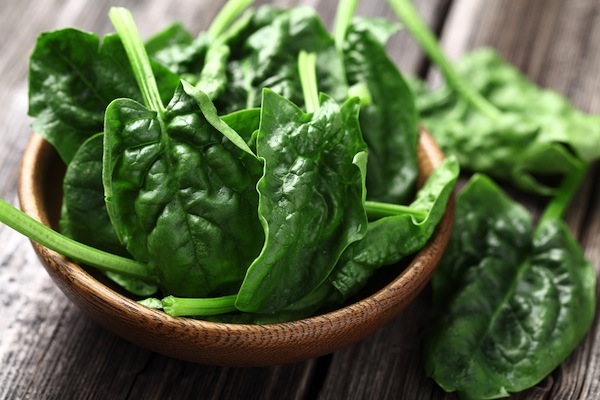Are you always the first to turn up the heat in the office? A serial cover hog? Wear wool socks at all times? There might be a reason behind your perpetual chilly-ness. Iron deficiency
If you’re always shivering, it may not be best to brush it off as just being a ‘cold person.’ Iron deficiency anaemia could be the culprit. We turned to Dr. Marilyn Glenville, nutritionist and women’s health author, to give us the facts about iron deficiency anaemia(and what you can do about it.)
What causes people with iron deficiency anaemia to feel cold?
Iron is needed by the processes that generate heat, so when you are deficient in iron you can feel cold. One of the most common symptoms is cold hands and/or feet.
What are other telltale symptoms of iron deficiency anaemia?
Feeling tired and weak is one of the most common symptoms, as well as lightheadedness, a fast heartbeat, and being short of breath.
What’s the best way to test for iron deficiency anaemia?
By a blood test which measures the level of haemoglobin. It should not be less than 12 gm/dl for a woman. Another important measure of iron is ferritin, the body’s store of iron. If this is low it can also cause hair loss. The normal range for women is 12-150 ng/mL, but it should be around 70 for good health growth.
Besides red meat, what foods are naturally high in iron?
Food naturally rich in iron are dark green leafy vegetables, dried fruits and nuts. However, I would generally supplement when someone is anaemic.
How do you choose a supplement? Do iron supplements have side effects?
Iron supplements can have side effects, particularly if the iron is in the form of ferrous sulphate. This is an inorganic form of iron and difficult to absorb, so side effects can be constipation and black stools. Liquid iron supplements can be good as they are easy to absorb, and also supplements where the iron is in a more absorbable form, such as ferrous bisglycinate or iron citrate.
How else can iron deficiency anaemia be treated?
Iron deficiency anaemia is also caused by blood loss, so if heavy periods are the cause, then these need to be treated in order to prevent you becoming anaemic again.
Are there any other medical reasons that women could often feel cold?
An underactive thyroid can also make women feel cold.
Do you have any other burning questions (or freezing, in this case) for Dr. Glenville about iron deficiency?
Like this article? Sign up to our newsletter to get more articles like this delivered straight to your inbox.






















































